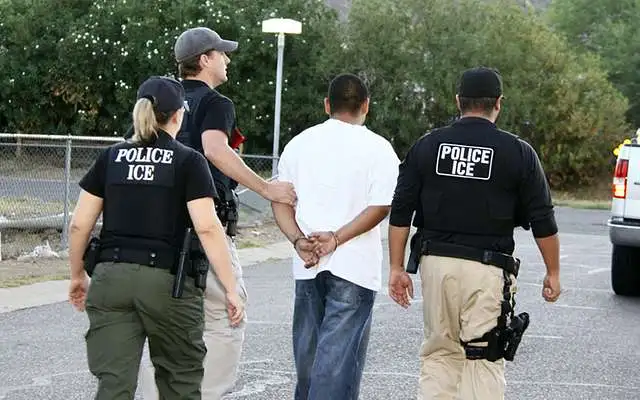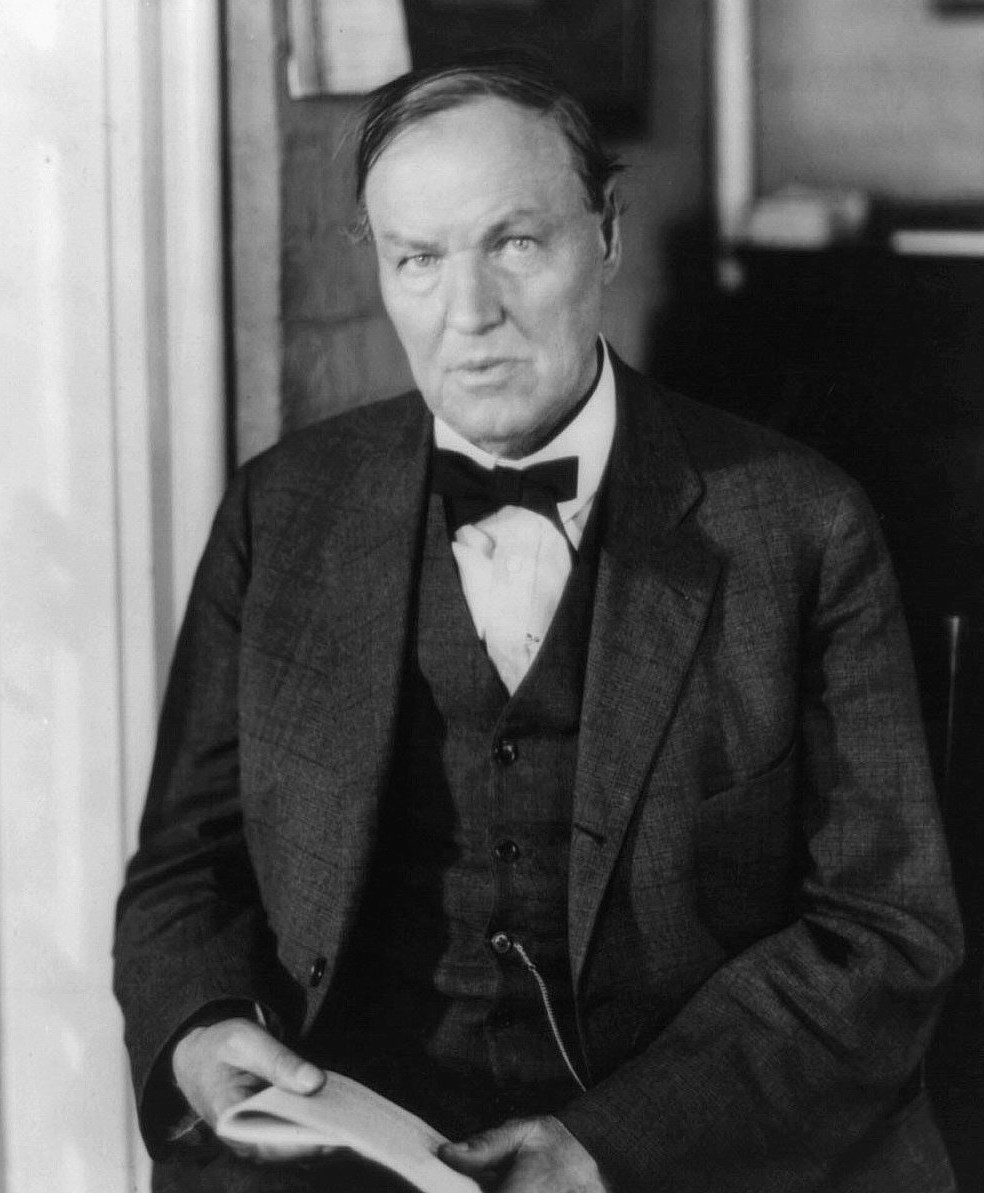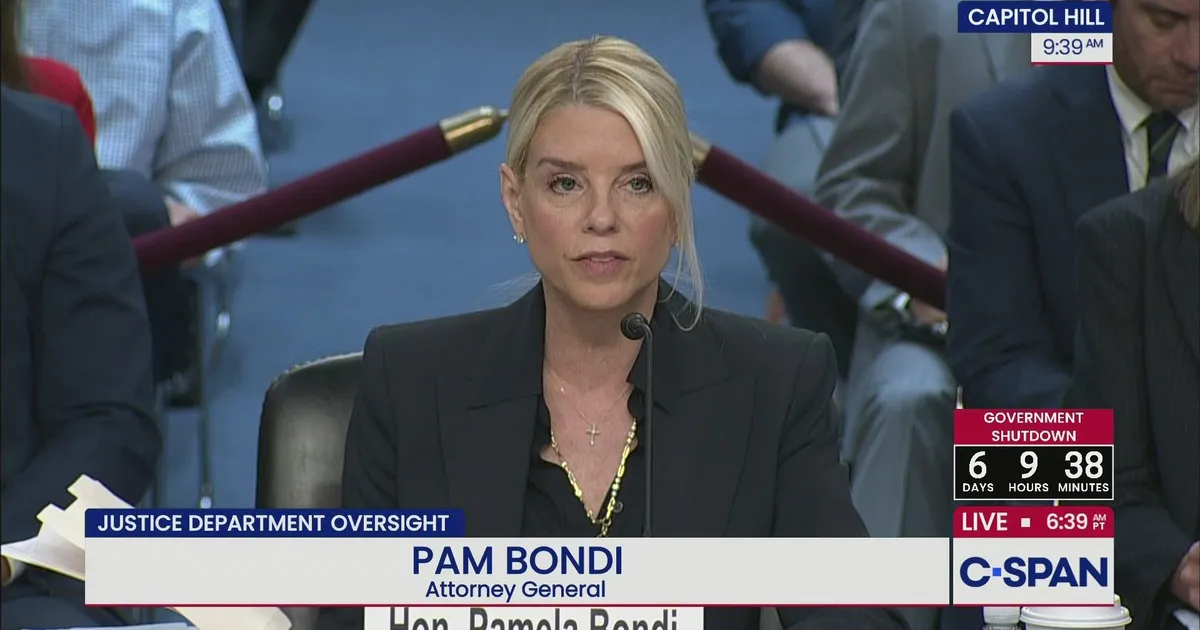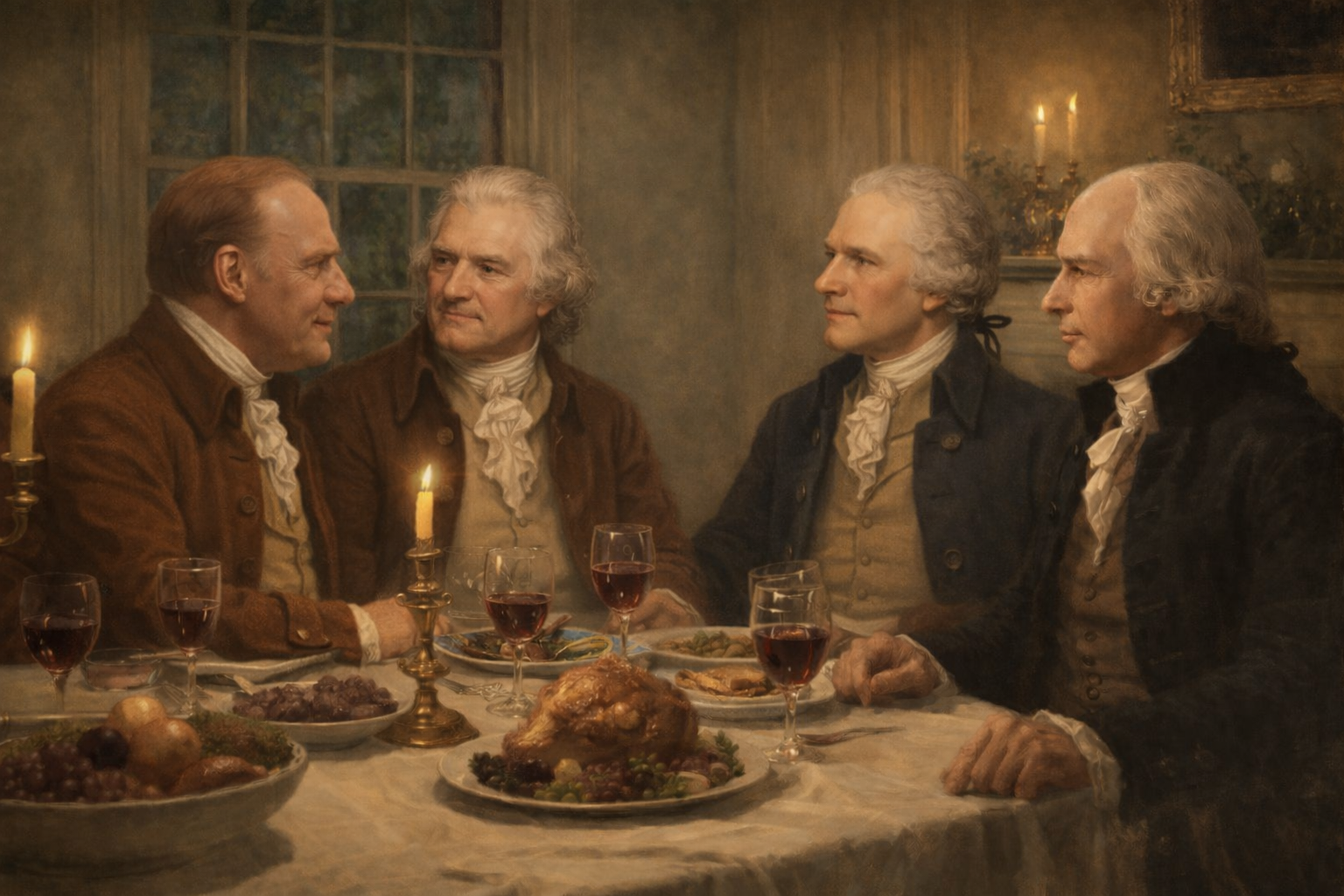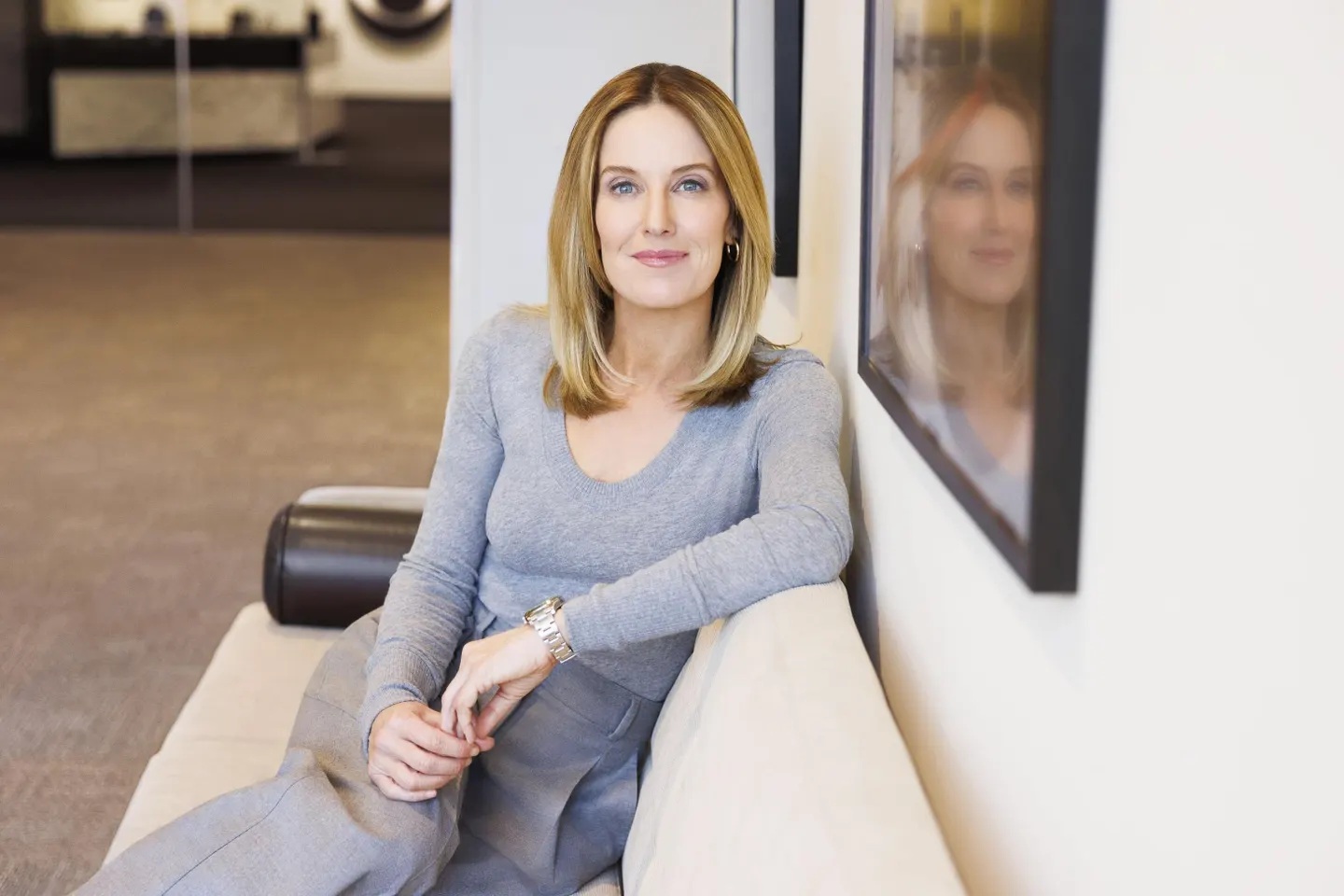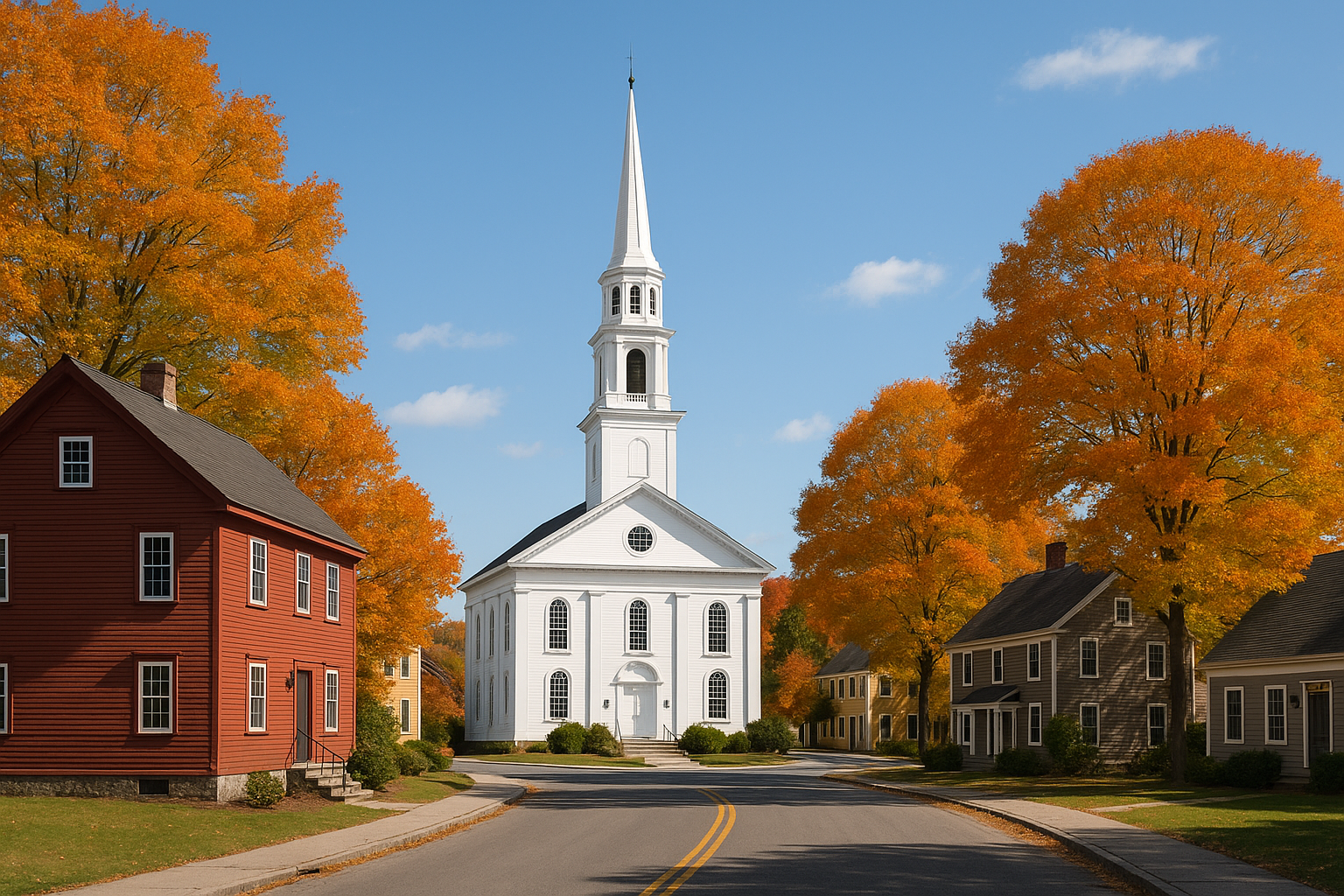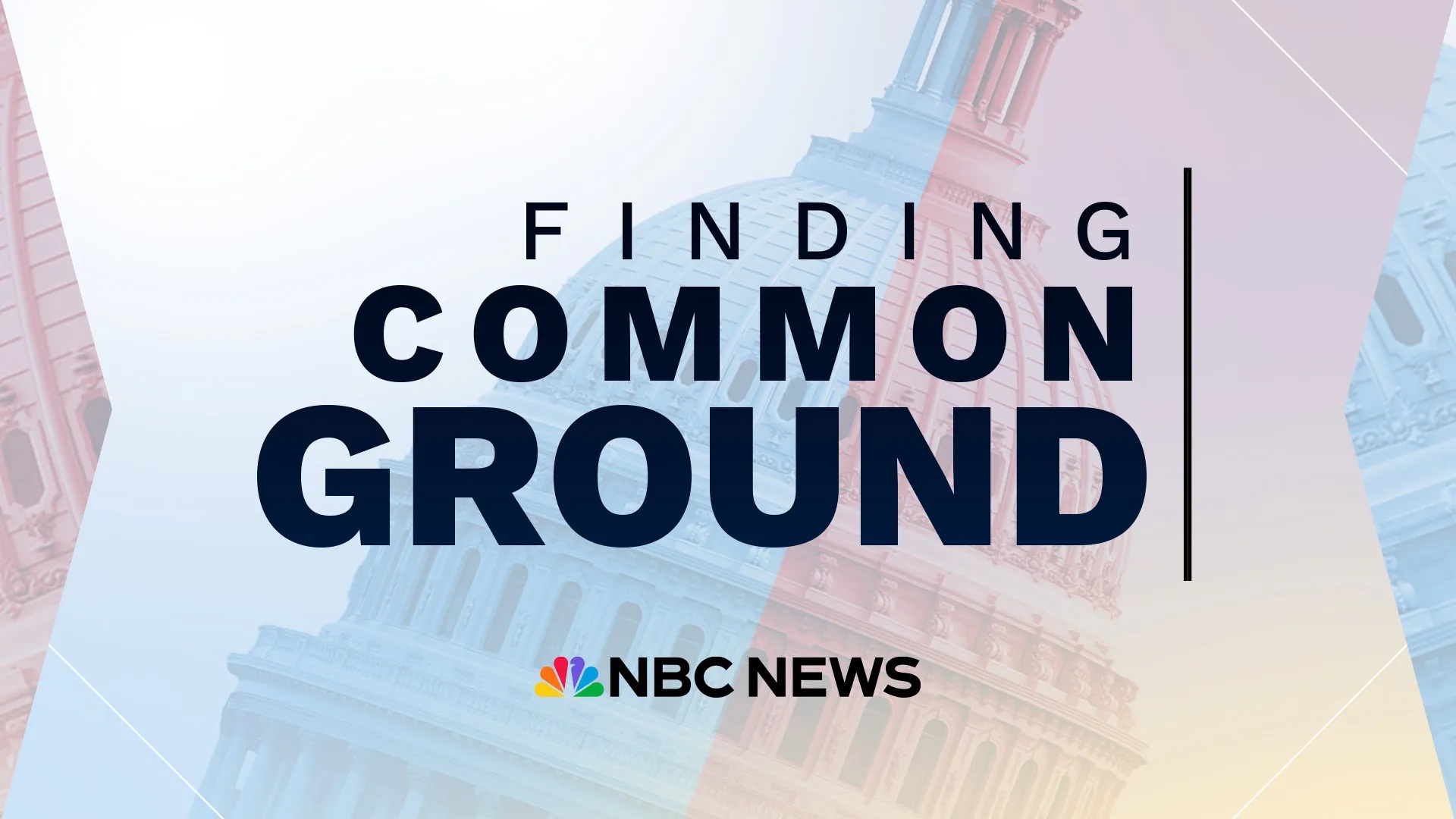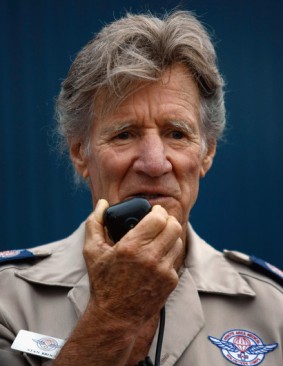 While everyone agrees that health care needs reform, agreement on exactly how remains to be seen.
While everyone agrees that health care needs reform, agreement on exactly how remains to be seen.
Stan Brock isn’t waiting for change. His group provides health care for those that need it most.
“If you’ve got a mouth full of bad teeth and you can’t see to function, to get a job, for you it is a disaster,” Brock said.
Since 1992, Brock’s Remote Area Medical Foundation has staged 346 clinics in twelve states across the country, primarily in rural counties.
“People ask me, ‘What are you doing in Los Angeles? That’s not very remote,’” Brock said. “For people that simply can’t afford health care in this country, the opportunity to get it is remote.”
Charzetta Williams said, “It’s a jungle in downtown Los Angeles. We need it here, too.”
One sixteen-year-old said, “Because if this wasn’t here, we would not be able to go to the doctor for who knows how long.”
According to an ABC News report, “Brock, 73, founded the Tennessee-based Remote Area Medical in 1985 to assist the underserved in developing countries. In the course of its history, the foundation has treated 380,000 patients and provided care valued at $37 million, Brock said.
“Brock still travels across borders but his primary mission has changed. ‘I was very surprised, actually, that we ended up doing this in the United States,’ he said. ‘And now 64 percent of all the work we do is right here.’”
“At one time, Brock could have been one of the thousands waiting on line,” ABC said. ‘I’ve been one of these people,’ he said. ‘I’ve been homeless. I’ve been without money and without health care and so, knowing that, and knowing the obstacles that they face really is the impetus.’”
Stan Brock isn’t interested in insurance premiums or co-pays. It’s about caring for others.
“What is great is to see someone that’s been in the dental chair get thousands of dollars of free dental care, or been through the eye doctor’s clinic and got a brand new pair of glasses and now they can see to get a job or read the newspaper,” he said. “And they go up to the doctor or hug the dentist. Go up to the volunteers and give them a hug or shake their hand and say, ‘Thanks for coming.’”
Comments
